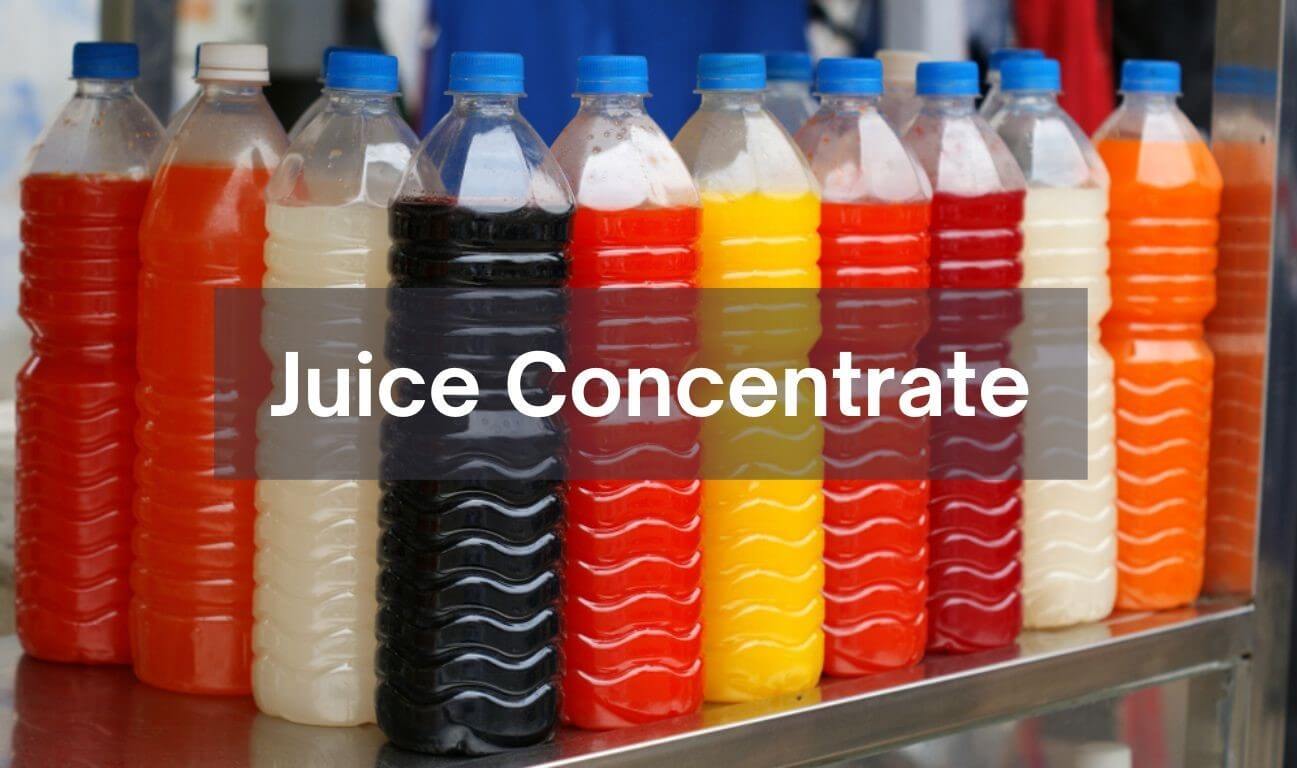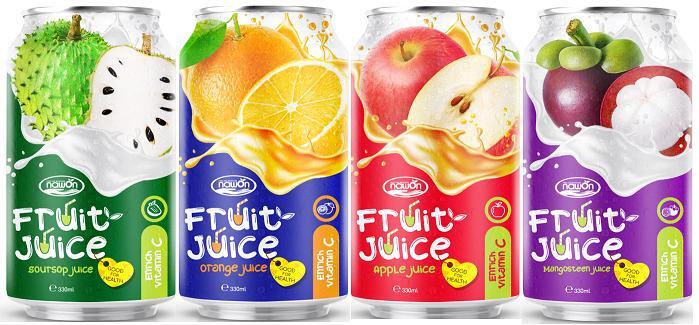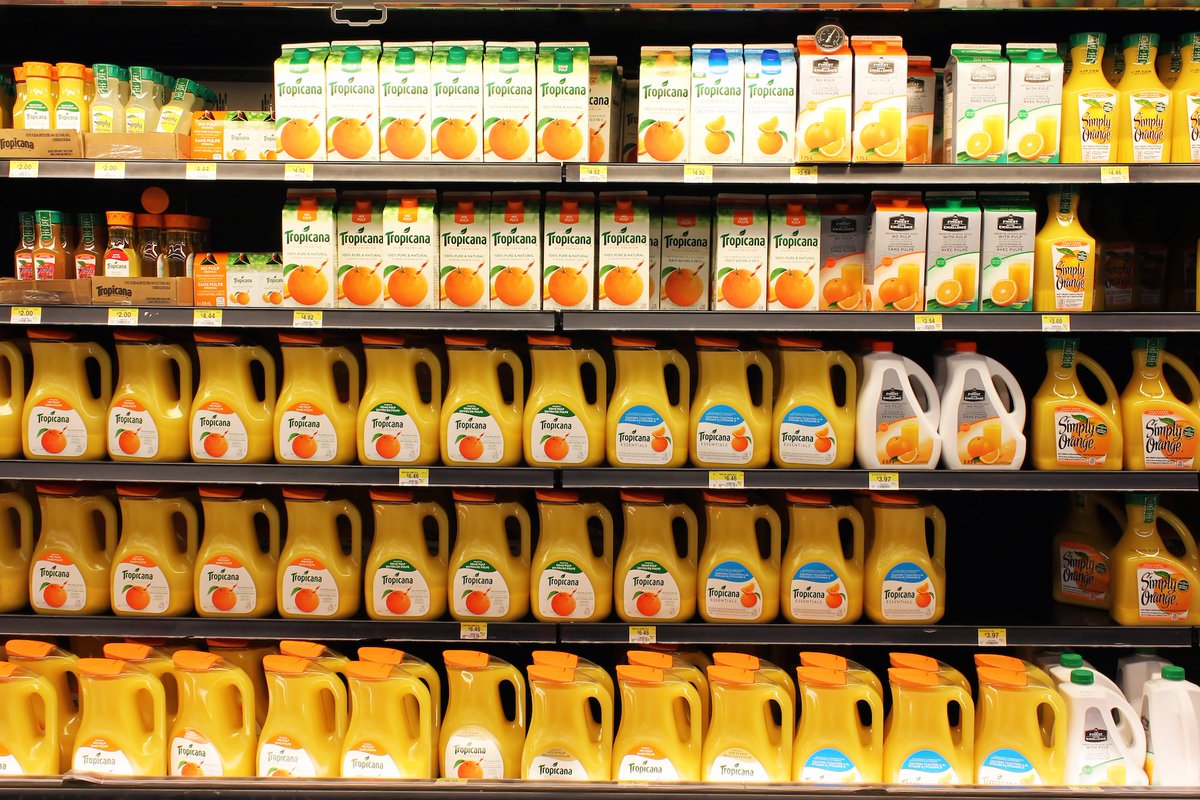What is juice concentrated ? In this article, we’ll explore the concept, its drawbacks, and some ways to incorporate it into a healthy lifestyle.
What is juice concentrated
Juice concentrate is a form of fruit juice that has been processed to remove most of the water content, creating concentrated juice. The process involves extracting juice from fresh fruit and then evaporating the water through various methods such as heat or vacuum. The result is a thick, syrupy liquid that retains the natural flavor and nutrients of the fruit.
The water separation process requires specialized machinery that only manufacturing companies can meet.
It’s indisputable that extracting water from juice is an effective method that discourages bacterial growth, ultimately making juice concentrate far less vulnerable to spoilage than fresh juice. This is an immensely advantageous arrangement for businesses as it empowers them to save a substantial amount on packaging and distribution costs.

Cons of concentrated juice fruit
While concentrated juice offers some benefits, it also has several drawbacks to consider. Here are some potential cons of this fruit juice:
- Nutrient Loss: During the process of concentrating the juice, some of the heat-sensitive nutrients may be lost. Vitamins and enzymes can be affected by the heat or vacuum used in the concentration process, resulting in a potential decrease in nutritional value.
- Added Ingredients: Some concentrated fruit juice products may contain added sugars, preservatives, or artificial flavors to enhance taste and prolong shelf life. These additional ingredients may not be as beneficial for health as the natural nutrients found in 100 fruit juice.
- Less Fiber: The concentration process removes a significant portion of the natural fiber present in fruits and vegetables. Dietary fiber plays a crucial role in digestion and overall health, so the reduced fiber content in concentrated juice may be a drawback for some individuals.
The extent of these drawbacks can vary depending on the specific brand, processing methods, and additives used in the concentrated juice.

Is juice from concentrate bad
Health benefits of juice from concentrate
Although it sounds bad, juice concentrate is actually not as bad as we think. Every day, millions of ready-to-drink juice products are consumed around the world. This includes juice from juice concentrate. Although they are cheaper, they also have some health benefits.
Rich in nutrients
Juice concentrate made from 100% fruit or vegetables will retain high levels of nutrients without added additives such as added sugar or food coloring. The carotenoids, anthocyanins and flavonoids found in fruit and vegetable juice concentrates are linked to many health benefits, including improved heart health and reduced inflammation.
Skin health
Many juice concentrates are rich in vitamin C and antioxidants, which can boost skin health and slow the effects of skin aging.
Convenience
Juice from concentrate can be a convenient way to consume the nutrients and flavors of fruit without the need for extensive food preparation. This can be especially helpful for people who have difficulty eating fresh fruits or people who do not have access to fresh fruits or vegetables.
Potential downsides of juice from concentrate
Lack of Fiber
Fruit juice, including juice from concentrate, is often devoid of dietary fiber, which is present in whole fruits. Fiber is crucial for digestion, satiety, and blood sugar control. Without fiber, you may not feel as full, and the sugars in the juice can be absorbed more rapidly.
Sugar Content
Juice from juice concentrate mostly has added sugar. Drinking too much juice can lead to an excessive sugar intake, which may contribute to weight gain, tooth decay, and an increased risk of developing conditions like type 2 diabetes.

The difference between juice from concentrate vs not from concentrate
The primary difference between juice from concentrate and juice not from concentrate (often labeled as “100% pure juice” or “not from concentrate”) lies in how they are processed and the resulting taste, texture, and nutritional content.
| Characteristic | Juice from concentrate | Juice not from concentrate |
| Production | This type of juice starts as fresh fruit juice but goes through a process to remove most of the water content, resulting in a concentrated liquid. To consume it, you need to add water back to reconstitute it. This process can alter the flavor and aroma of the juice, and some volatile compounds may be lost during concentration. Juice from concentrate often undergoes pasteurization to extend its shelf life. | This juice is made by directly pressing fresh fruits and extracting the liquid without removing water. It is considered a more “natural” form of juice, as it doesn’t go through the concentration process. It typically has a taste and aroma closer to that of freshly squeezed juice. |
| Taste and Flavor | While it can taste good, juice from concentrate may not have the same fresh and vibrant flavor as juice not from concentrate. The concentration process can lead to subtle flavor changes and a less authentic taste. | This type of juice is often praised for its more authentic and unaltered taste, as it is essentially fresh juice that has been minimally processed. |
| Nutritional Content | The nutritional content of juice from concentrate is usually lower in certain nutrients and antioxidants compared to juice not from concentrate. Some vitamins and other compounds may be lost or degraded during the concentration and pasteurization process. | Juice not from concentrate typically retains more of its original nutrients and antioxidants, making it a better choice for those seeking the maximum health benefits from fruit juice. |
| Shelf Life | It tends to have a longer shelf life than juice not from concentrate because the concentration process and pasteurization help prevent spoilage. | Fresh juice has a shorter shelf life and must be consumed relatively quickly to maintain its quality and nutritional value. |
| Cost and Convenience | Often more cost-effective and convenient to store due to its longer shelf life. | May be more expensive and require refrigeration, which can make it less convenient for some consumers. |

Incorporating juice concentrate into a healthy lifestyle
Now that we have explored the benefits of juice concentrate let’s discuss how it can be incorporated into a healthy lifestyle. Here are some tips:
- Mix with Water: Dilute juice concentrate with water to reduce the sugar content and make a refreshing beverage.
- Add to Smoothies: Blend juice concentrate with your favorite fruits, yogurt, and ice to create a delicious and nutritious smoothie.
- Use as a Marinade: Juice concentrate can be used as a flavorful marinade for meats, adding a tangy and sweet taste to your dishes.
- Make Frozen Treats: Freeze juice concentrate in ice cube trays or popsicle molds for a tasty and refreshing summer treat.
- Experiment with Cocktails: Get creative and use juice concentrate as a base for cocktails, adding a burst of flavor to your drinks.
Follow these essential tips to incorporate this nutritious ingredient into your daily routine and experience the numerous health benefits it offers.
Choosing between juice from concentrate and juice not from concentrate depends on your preferences and priorities. If you prefer a more authentic taste and higher nutritional content, then juice not from concentrate is a better option. However, juice from concentrate can be a practical and economical choice for those looking for a longer-lasting juice with acceptable flavor.
